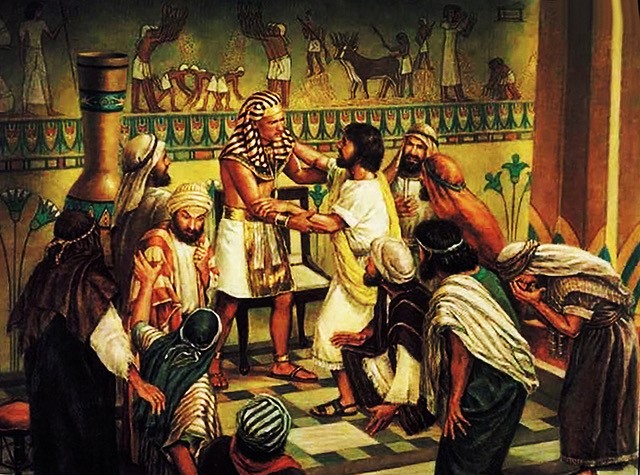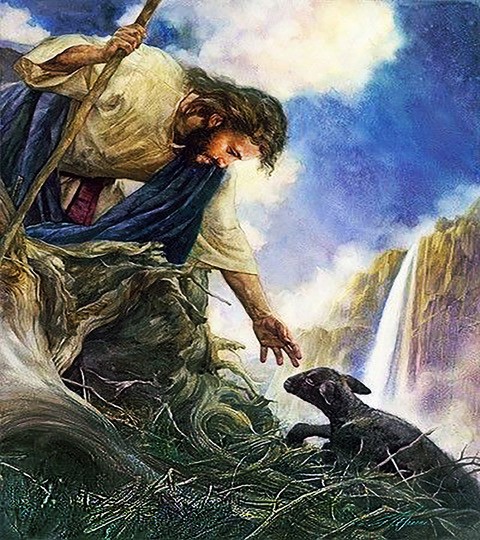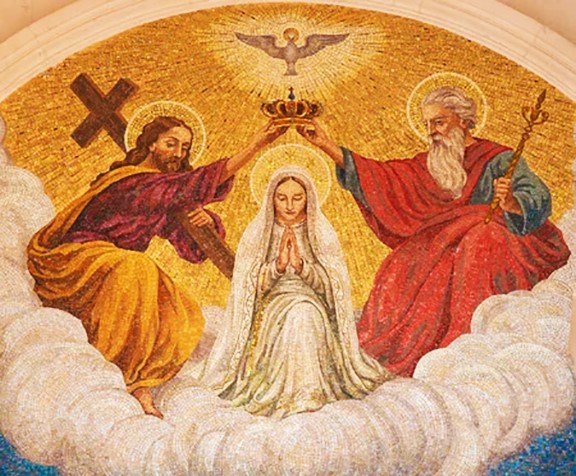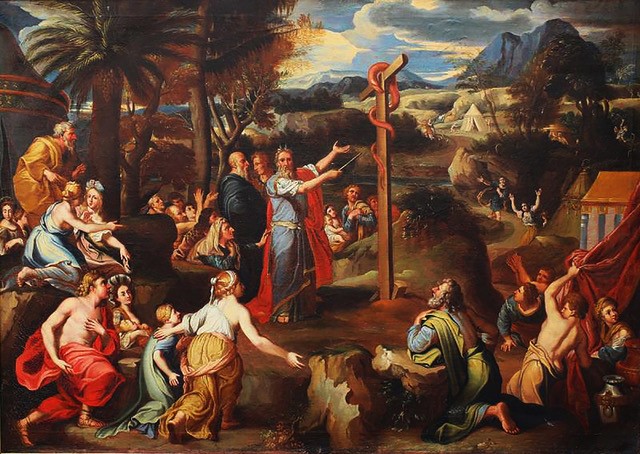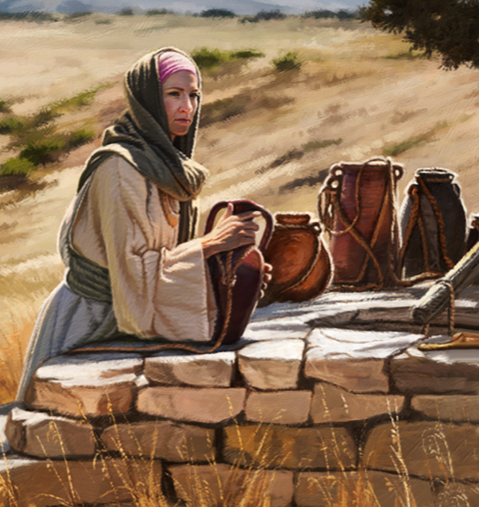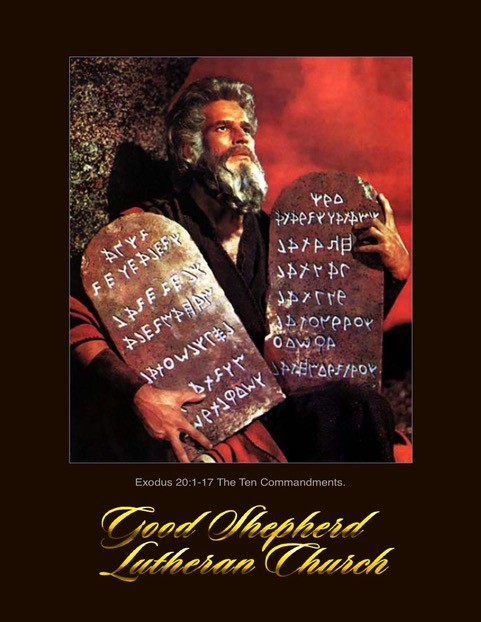
Jesus says “Do not think that I have come to abolish the Law or the Prophets; I have not come to abolish them.” This statement is very important by Christ. This statement shows that God has not changed but has remained constant. He wanted perfection and perfect obedience in the OT and He still wants it in the NT. Many people get the misconception that the OT are vastly different. One is chock full of fire and brimstone and the other is full of love and grace. Here Jesus is saying that this is not true, but God has remained and always will remain the same. He also expects perfection and nothing less.
My oldest son had a teacher that had a test that if the student did not get an A on the test they failed. They got a zero in the grade book. As a parent when I heard this I was upset. Imagine if the teacher said get one wrong and you get a zero. Don’t mess up on every assignment and everything has to be perfect or you get a zero and fail the class. Again, as a parent I would be outraged. Why? Is this not what God tells you to do in your life? 24/7 every week, every month, every year you are to be perfect. You are to never mess up, never step out of line or you get a zero aka condemnation. How does that sound? Impossible? Hopeless? What’s the point? Angry? Why? If you feel any sort of way it’s because you know you can’t do it. You know the futility and impossibility of it because you can’t even do it for a day.
Now Jesus didn’t just say this, but he threw extra stuff on there to make sure it was clear what the expectations were. Jesus says “You have heard that it was said to those of old, ‘You shall not murder; and whoever murders will be liable to judgment.’ But I say to you that everyone who is angry with his brother will be liable to judgment; whoever insults his brother will be liable to the council; and whoever says, ‘You fool!’ will be liable to the hell of fire.” In the verses right after the Gospel Jesus says this too “You have heard that it was said, ‘You shall not commit adultery.’ But I say to you that everyone who looks at a woman with lustful intent has already committed adultery with her in his heart.”
Jesus wants to make it clear that the law doesn’t just encompass that narrow view point of murder or adultery, but it encompasses any and all parts that break from that obedience. This weight and pressure of your thoughts, desires and actions must be perfect and flawless at all times and in all places is too much to bear. It is a load that you cannot carry. What is even worse is that “you were born in sin” You can’t avoid it. Original sin, actual sin you are helpless in your condition and Christ here is pointing this out to you to make sure it is crystal clear that in all things perfection is required.
Today you are to follow His law, tomorrow you are to follow His law. The day after that you are to follow His law. You are to do this. This is why it is so important to know the commandments and what they mean so that you do these very things. Do not forget also “You shall love the Lord your God with all your heart and with all your soul and with all your mind. This is the great and first commandment. And a second is like it: You shall love your neighbor as yourself. On these two commandments depend all the Law and the Prophets.”
Many of you might be thinking well that doesn’t seem fair. Why? How can you be in the presence of God without perfection? He wants perfection from you so that you can be with Him. God who is all good cannot be tainted by something that is bad. This was why Lucifer was cast out this was why Adam and Eve were cast out because remaining would be destruction and annihilation. Perfection is necessary to be with God otherwise you are without.
What is beautiful and amazing is that God knows that you cannot do this. He wants you to know that you cannot do this and this is the importance of Jesus’ line in the Gospel. I have not come to abolish them but to fulfill them. Your hope, mankind’s hope is not in themselves, but in Christ. Here Jesus born of a virgin without original sin who fulfills the law perfectly dies in your place. His perfection, His flawlessness in His earthly life gets passed onto you in His death and resurrection. You have been made new. This new you is robed in Christ’s righteousness. So even though you have the Old Adam, you still have your sinful body and tendencies for disobedience you are also a saint. You are both sinner and saint. Yet, in Christ’s perfection you can now be with God. It is His relationship with the Father that you now receive. You now have perfects on everything because Christ’s death on the cross perfectly did that. His flawlessness in His thoughts, actions and deeds get carried over to you.
This perfection, the laws that are still in place are so that you will live in perfect harmony and safety with God. This is heaven! You have His grace now. You have His covering now, but you know as well as I do that you mess up on this side of heaven. You do not keep the law of God, but in Christ you have His grace. We are not antinomians who think we can sin all we want now that we have Christ. We know that our old self was crucified with him in order that the body of sin might be brought to nothing, so that we would no longer be enslaved to sin. 7 For one who has died has been set free from sin. You are free from sin. He has united you to Himself in His death and resurrection in your baptism. You are brought into a new life where God is with you. Where God is there is perfection. You have been made perfect through Christ. As you know this perfection is what you take on the Word of God for if you look at your thoughts and deeds on this side of heaven they are impure, but God is with you. He works in you and the good, the perfection you do, is in communion with God.
You can say that you are perfect. No one on the street would believe you, but you are perfect in the sight of God. For God sees the perfection of His Son. His blood, His body was sacrificed so that it could wash you clean, a clean that can no longer be soiled. A clean that lasts for eternity. This washing is the washing of regeneration. Sin has no dominion over you death has no dominion over you because of the cross of Christ. He has given you perfection and eternity, an eternity in the presence of God. You are no longer a man of unclean lips for His blood is the coal that purged you of all impurities so that you can stand in the company of heaven.
Even though the law is overbearing and the weight is intolerable Jesus took that burden upon Himself and let you rest in Him. This rest, this respite, this peace is in the fact that you are baptized. You know that “It is finished” for Christ finished it. Your confidence is in His sacrifice. So when you are feeling overwhelmed, when you feel that you are not good enough, too rotten, too sinful, unwanted Christ said “I have not come to abolish them, but to fulfill them.” He has fulfilled the law in your place to the iota and to the dot. He has brought you into His perfection. He brings hope to the hopeless, life to the lifeless. He brings grace to the sinner. Just as He brought His people out of the land of Egypt, and out of the house of slavery He has brought you out of Death and out of the slavery of sin. He has given you perfection so that you can be with Him in the promised land where He will show you steadfast love for thousands of generations because His son has loved Him and kept His commandments.
SDG
Pr. Daniel Holm
Matt 5
17 “Do not think that I have come to abolish the Law or the Prophets; I have not come to abolish them but to fulfill them. For truly, I say to you, until heaven and earth pass away, not an iota, not a dot, will pass from the Law until all is accomplished. Therefore whoever relaxes one of the least of these commandments and teaches others to do the same will be called least in the kingdom of heaven, but whoever does them and teaches them will be called great in the kingdom of heaven. For I tell you, unless your righteousness exceeds that of the scribes and Pharisees, you will never enter the kingdom of heaven.
“You have heard that it was said to those of old, ‘You shall not murder; and whoever murders will be liable to judgment.’ But I say to you that everyone who is angry with his brother will be liable to judgment; whoever insults his brother will be liable to the council; and whoever says, ‘You fool!’ will be liable to the hell of fire. So if you are offering your gift at the altar and there remember that your brother has something against you, leave your gift there before the altar and go. First be reconciled to your brother, and then come and offer your gift. Come to terms quickly with your accuser while you are going with him to court, lest your accuser hand you over to the judge, and the judge to the guard, and you be put in prison. Truly, I say to you, you will never get out until you have paid the last penny.
Exodus 20
And God spoke all these words, saying,
“I am the Lord your God, who brought you out of the land of Egypt, out of the house of slavery.
“You shall have no other gods before me.
“You shall not make for yourself a carved image, or any likeness of anything that is in heaven above, or that is in the earth beneath, or that is in the water under the earth. You shall not bow down to them or serve them, for I the Lord your God am a jealous God, visiting the iniquity of the fathers on the children to the third and the fourth generation of those who hate me, but showing steadfast love to thousands of those who love me and keep my commandments.
“You shall not take the name of the Lord your God in vain, for the Lord will not hold him guiltless who takes his name in vain.
“Remember the Sabbath day, to keep it holy. Six days you shall labor, and do all your work, but the seventh day is a Sabbath to the Lord your God. On it you shall not do any work, you, or your son, or your daughter, your male servant, or your female servant, or your livestock, or the sojourner who is within your gates. For in six days the Lord made heaven and earth, the sea, and all that is in them, and rested on the seventh day. Therefore the Lord blessed the Sabbath day and made it holy.
“Honor your father and your mother, that your days may be long in the land that the Lord your God is giving you.
“You shall not murder.
“You shall not commit adultery.
“You shall not steal.
“You shall not bear false witness against your neighbor.
“You shall not covet your neighbor’s house; you shall not covet your neighbor’s wife, or his male servant, or his female servant, or his ox, or his donkey, or anything that is your neighbor’s.”
Romans 6
1 What shall we say then? Are we to continue in sin that grace may abound? By no means! How can we who died to sin still live in it? Do you not know that all of us who have been baptized into Christ Jesus were baptized into his death? We were buried therefore with him by baptism into death, in order that, just as Christ was raised from the dead by the glory of the Father, we too might walk in newness of life.
For if we have been united with him in a death like his, we shall certainly be united with him in a resurrection like his. We know that our old self was crucified with him in order that the body of sin might be brought to nothing, so that we would no longer be enslaved to sin. For one who has died has been set free from sin. Now if we have died with Christ, we believe that we will also live with him. We know that Christ, being raised from the dead, will never die again; death no longer has dominion over him. For the death he died he died to sin, once for all, but the life he lives he lives to God. So you also must consider yourselves dead to sin and alive to God in Christ Jesus.

